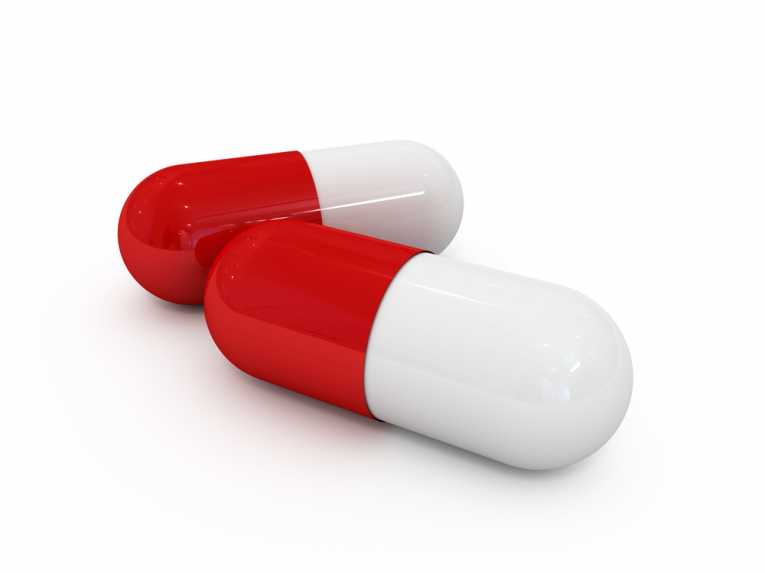Recent research for the Extending the Cure project carried out by the Center for Disease Dynamics, Economics & Policy in Washington, D.C. has pointed out a new threat to effective medical care in the United States: outpatient abuse of antibiotics in many parts of the country, particularly the southeastern states.
According to the center's findings, Americans have grown increasingly reliant on antibiotics to treat a range of ailments that could be just as easily cured in other ways - certain adult upper respiratory infections, for instance, don't necessarily call for antibiotics - or even do not respond to antibiotics at all, such as a cold, the flu, or other illnesses caused by viruses. This is partly the fault of physicians, who needlessly prescribe these antibiotics to their patients, and partly the responsibility of consumers, who demand these drugs.
This development is troubling, and not only because it points to a set of unhealthy relationships between people and their physicians. There's also a biological reason why people shouldn't overuse this particular sort of drugs. Like every other living organism in the planet, bacteria have the ability to evolve. They adapt to changes in their environment, and also to current threats. When bacteria are exposed to antibiotics over a period of time, they develop a resistance to their action and eventually grow immune to them. Simply put, the more an antibiotic is used, the less effective it becomes.
Recent findings suggest that the high rates of antibiotic use in the United States have caused a rapid decrease in the ability of these drugs to work against bacterial infections. This might be an even greater cause for concern if we take into account factors such as environmental change and the natural mutation of existing diseases into new, more aggressive strands. If left unchecked - all things considered - the American people's tendency to consume unnecessary antibiotics could have disastrous consequences for their future health and that of their children.










